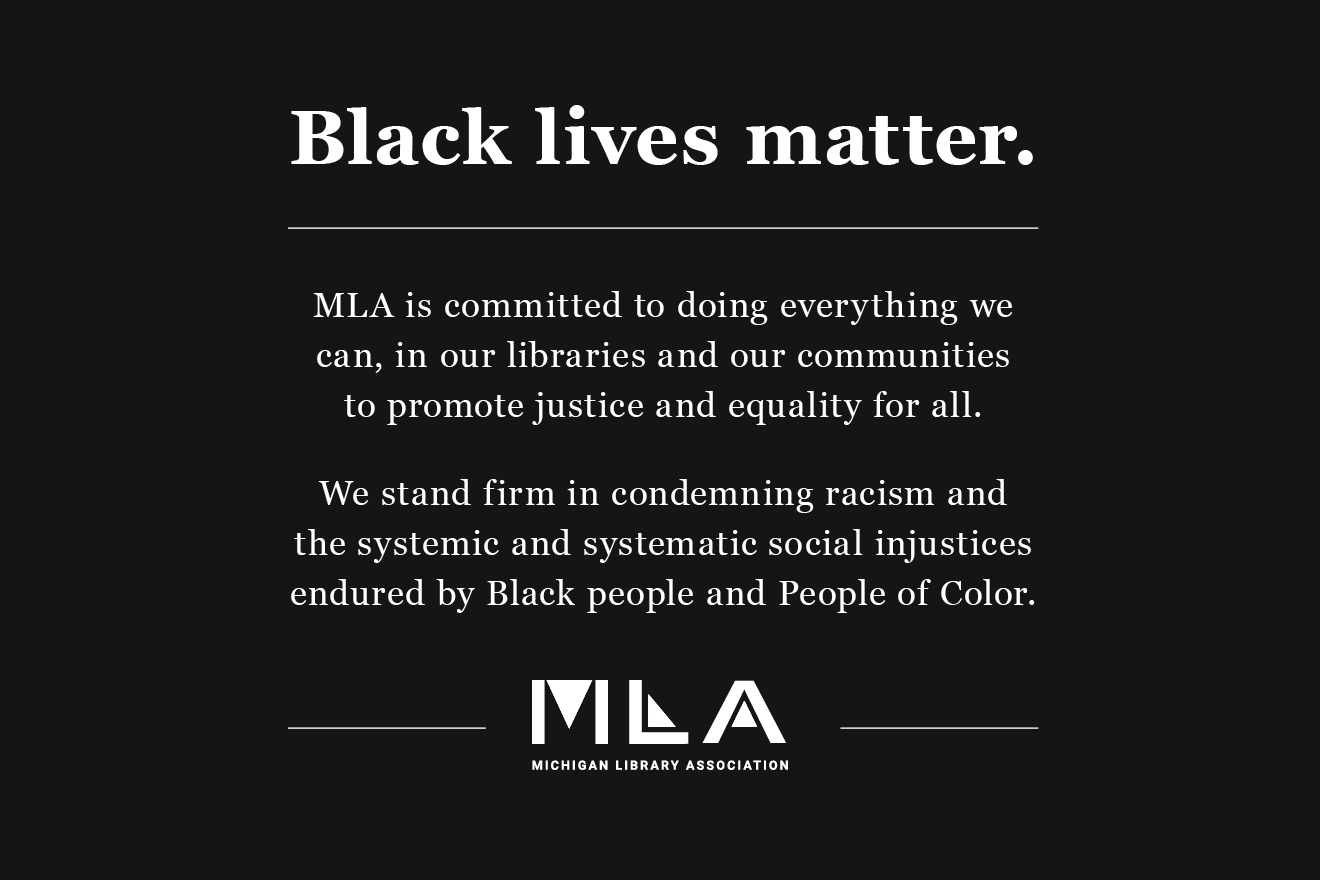| News - MLA | |||
| Wednesday, June 03, 2020 12:00 AM | |||
Necessary Conversations on Institutional RacismA message from MLA President Kristin Shelley
In an October 4, 2013 “Scientific American” article by Julianne Chiaet, she writes that “reading literary fiction improves empathy.” It is evident, now more than ever, that we need empathy. As we grapple with racial inequities and racial conflict in our communities and our country, we need to have difficult discussions with elected officials, with community members, with our neighbors, with our friends, and with our families. However, many of us do not know how to begin these conversations. We do not know or understand what institutional racism is; and we do not know the historical context of the protests that are happening in our communities today. So often it is easier for many of us not to discuss race and the history of Black Americans, but this silence impedes healing and progress. As Dr. Martin Luther King Jr said, “There comes a time when silence is betrayal.” On the one-hundredth anniversary of the Emancipation Proclamation, James Baldwin in “Letter to My Nephew” from 1962 wrote, “You know and I know, that the country is celebrating one hundred years of freedom one hundred years too soon.” Sadly, Baldwin’s words continue to be true today. This message is not about politics. It is about humanity and starting necessary dialogs. It is about disseminating information, which is what libraries do. Most importantly, it is about helping others understand what others are feeling and beginning the conversations to heal and right wrongs. As our country grieves yet another senseless fatal arrest of a Black American, George Floyd, I implore Michigan libraries and library staff to share books, music and movies with your patrons and with each other that can provide insights into Black history; institutional racism; systemic racial inequality; and may lay out a path to empathy. It is time, to paraphrase Congressman John Lewis, for the Michigan Library Association and Michigan libraries to “get into good trouble, necessary trouble” and to be silent no more. Black lives matter. We must do everything we can, in our libraries and our communities to fight for justice and equality for all. Let it be known that Michigan Library Association (MLA) stands in solidarity with the American Library Association (ALA), the Black Caucus of the American Library Association (BCALA), our library workers, our library patrons, our community leaders, and our community members, in condemning violence and racism towards Black Americans and People of Color. We hear and support everyone in our communities who have experienced feeling threatened, marginalized, and discriminated against because of their race or ethnicity. We remain committed to creating an equitable and inclusive environment that fully supports and promotes our commitment to modeling diversity and inclusion for the entire library community, and to maintaining an inclusive environment with equitable treatment for all. MLA will strive for racial equity and equality in our work to educate, mentor and develop all library workers. MLA and its Board of Directors, staff, and volunteers are committed to promoting diversity, equity and inclusion in all forms and we stand firm in condemning the systemic and systematic social injustices endured by Black people and People of Color.
Kristin Shelley
|










